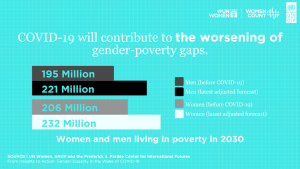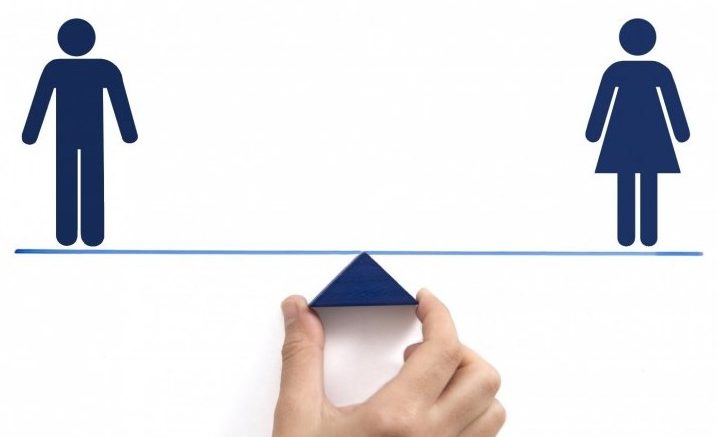Two articles caught my eye last week. Both had prominent women speak of issues that tag at their heart and their journey to fame.
Chemistry noble price winner Jennifer Doudna knows what she is talking about when she says that science needs role models to inspire girls. Doudna goes on to admit that had she not heard a woman researcher giving a talk at the University of Hawaii where her father was a professor, she probably would not have known about the possibilities of being a scientist.
While the Noble Prize has brought fame to Jennifer Doudna and Emmanuelle Charpentier for their pioneering work in science, Dr Soumya Swaminathan, chief scientist at the World Health Organisation (WHO) and former director general of Indian Council of Medical Research (ICMR) battled many biases and a patriarchal mindset in her earlier days of career life. In a candid conversation with a global audience, Dr Swaminathan shared how she was not taken seriously and had many of her ideas shot down.
The pandemic hasn’t been kind of all of us. Unfortunately, women have been at the receiving end of it. A recent paper ‘Symptoms of a broken system: the gender gaps in COVID-19 decision-making’ published in the British Medical Journal brings forth the truth of how women have been left out of decision making roles. Out of the 115 identified COVID-19 decision-making and expert task forces constituted by 87 countries around the globe, 85.2% had mostly men as members, while a mere 3.5% of these bodies had women. Not surprisingly, India’s own COVID-19 task force has no great representation either – our country has only two women in the 16 member COVID-19 Task Force.
The pandemic has also brought sharp focus on the gender pay gap that has always existed but is now at a new high. While globally 70% of the healthcare workers and first responders are women, they are not at an equal pay level with their male counterparts.

We have witnessed the impact on women domestic workers and others who had jobs in the unorganised sector. Traditionally, women have always earned less in these roles and hence have less savings. This makes them most vulnerable to withstand any calamity or disaster. We have also heard of increased cases of domestic violence and abuse during this period. Cumulatively, women seem to have been the most impacted from almost all fronts.
How can we contribute to change this situation? We all have a role to play here. The first step for us is to work internally within our organizations and offices to ensure we have the right inclusive and diversity mind set. And that these are followed by appropriate policies that encourage and support women in their career path.
For women to fight their way up, it is critical that they are supported by the ecosystem and men too. Many a diversity panels make the profound mistake of excluding men in key discussions and debates. Men too need to be sensitized here and including them in conversations sets the right tone for change to come in. Inclusive dialogues are the base for putting in right policies that encourage equal women representation at every rung within the organization.
The PR and Comms profession is one of those few industries that has a great gender ratio and diversity. We can be the torch bearers within our respective organizations on issues like equitable pay, role modelling, gender gap and an environment that respects women for their contribution. Each one of us can participate in our individual capacity and raise our voice to bring about positive change.
A small step would be to ensure we have the right work-balance through flexible arrangements and policies. While the pandemic has shifted the gears in bringing forth a better understanding and empathy to the dual responsibilities that women have, these shifts will need to be further strengthened and solidified.
Together, we can work towards closing these inequalities and making the world a better place to stay.
The views and opinions published here belong to the author and do not necessarily reflect the views and opinions of the publisher.



Be the first to comment on "We need a strong inclusion & diversity mindset"